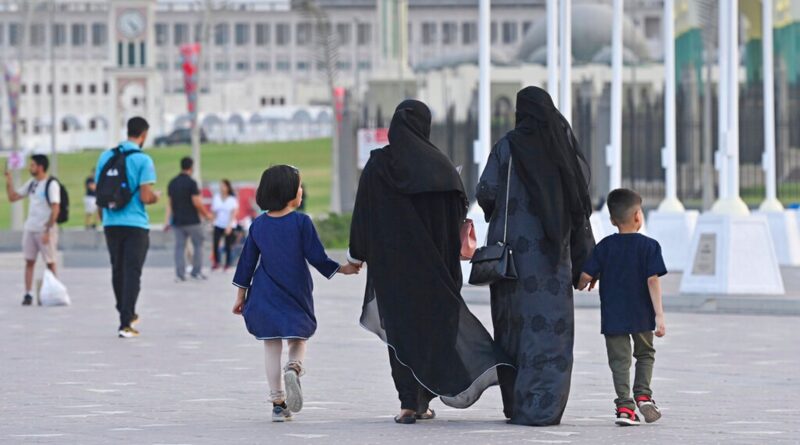France’s Ban on Abaya Dress in State Schools: A Controversial Move
In a move that has sparked intense debate both within and beyond its borders, France has recently imposed a ban on Muslim students wearing the abaya dress in state schools. The decision, which comes as part of France’s ongoing efforts to maintain a strict secular identity, has ignited discussions on the delicate balance between religious freedom and the principles of secularism.
The abaya, a loose-fitting, full-length robe commonly worn by Muslim women, has long been a symbol of modesty and faith for many adherents of Islam. However, in a country where secularism is considered one of the fundamental tenets of the Republic, the government has argued that such attire is at odds with the principles of a secular education system.
Proponents of the ban argue that the abaya, and similar religious garments, can create division and hinder integration within French society. They believe that secularism is a cornerstone of the French identity, a concept known as “laïcité,” which promotes the separation of religion from public life. In their view, the abaya can be seen as a symbol of religious affiliation and can potentially isolate Muslim students from their peers.
On the other side of the debate, critics argue that this ban infringes upon the fundamental right to religious freedom and expression. France is a multicultural society with a significant Muslim population, and the ban has raised concerns about stigmatization and discrimination against Muslim students. They argue that secularism should be about neutrality and tolerance rather than an outright ban on religious attire.
It’s important to note that this is not the first time France has grappled with such issues. In 2004, the country banned the wearing of conspicuous religious symbols, including headscarves, in public schools. The 2010 ban on face veils, such as the niqab and burqa, in public spaces further stirred controversy.
The question now is whether this latest ban on the abaya dress in state schools is a step too far or a necessary measure to maintain secularism in the education system. While the government argues that the ban is consistent with previous policies, critics view it as a continuation of what they see as a trend of limiting religious expression, particularly among the Muslim population.
It’s clear that this decision will continue to provoke passionate discussions about the boundaries of religious freedom and secularism in France. Striking a balance between preserving a secular state and respecting the diverse religious practices of its citizens is no easy task. As the debate unfolds, it will be crucial to ensure that any measures taken do not unfairly target or stigmatize any specific religious group, including Muslim students who choose to wear the abaya.

